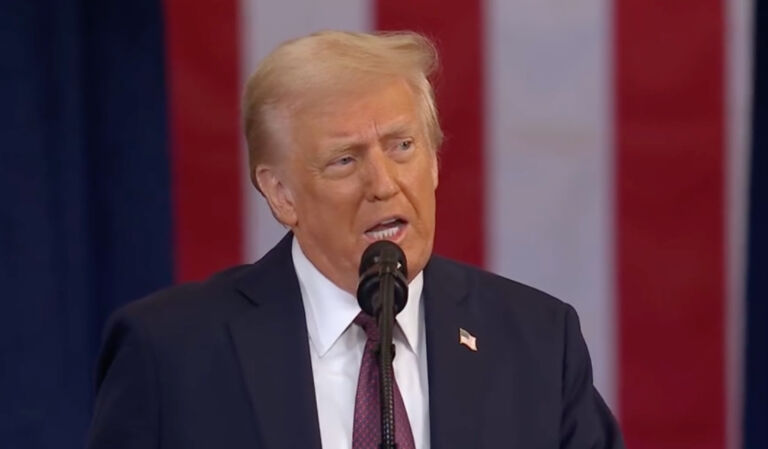Alex Brill and Paul Teller write for Real Clear Markets about one piece of the Trump administration’s recent high-profile legislation that deserves more attention.
[O]ne of the OBBB’s most powerful pro-growth reforms has gone largely unnoticed: permanent immediate expensing for new equipment investment. While perhaps too wonky for townhall forums, this change is a critically important step on the long path toward fundamental tax reform.
Permanent immediate expensing allows businesses to deduct the full cost of equipment purchases in the year of investment, rather than spreading the deductions over multiple years. Given the time value of money, it is better to deduct the full cost of a new investment today, as opposed to deducting that investment in smaller increments over multiple years. This change ensures that businesses are allowed to deduct the full value of their investments, preventing inflation from devaluing these business costs.
Temporary expensing has been enacted periodically over the past two decades, sparking short-term investment surges. Economists Eric Zwick and James Mahon estimated a 10 percent boost in eligible investment from a partial expensing provision in effect between 2001 and 2004 and a nearly 17 percent boost from a full expensing provision in effect between 2008 and 2010.
However, these surges generally reflected businesses shifting the timing, not the total amount, of their investments. Moreover, the on-and-off nature of temporary expensing causes businesses to incur additional costs, as they adjust the timing of investments to capture the benefits of temporary tax incentives.
While the investment increase from permanent expensing will be smaller than the surge from temporary expensing, the increase will be sustained. Permanently boosting the capital stock will drive long-term economic growth. Expensing is a powerful incentive. Economists measure the effective tax rate on investment through a formula that captures the impact of tax rates and depreciation policies. Strikingly, immediate expensing reduces the effective tax rate at the business level on equity-financed investment to zero, effectively neutralizing the business tax burden on such investments.
The post Highlighting unsung piece of ‘big beautiful bill’ first appeared on John Locke Foundation.
Click this link for the original source of this article.
Author: Mitch Kokai
This content is courtesy of, and owned and copyrighted by, https://www.johnlocke.org and its author. This content is made available by use of the public RSS feed offered by the host site and is used for educational purposes only. If you are the author or represent the host site and would like this content removed now and in the future, please contact USSANews.com using the email address in the Contact page found in the website menu.





